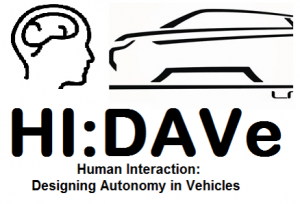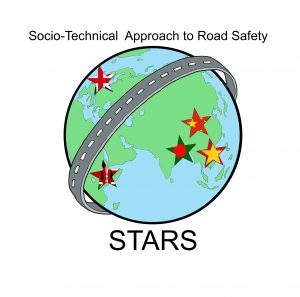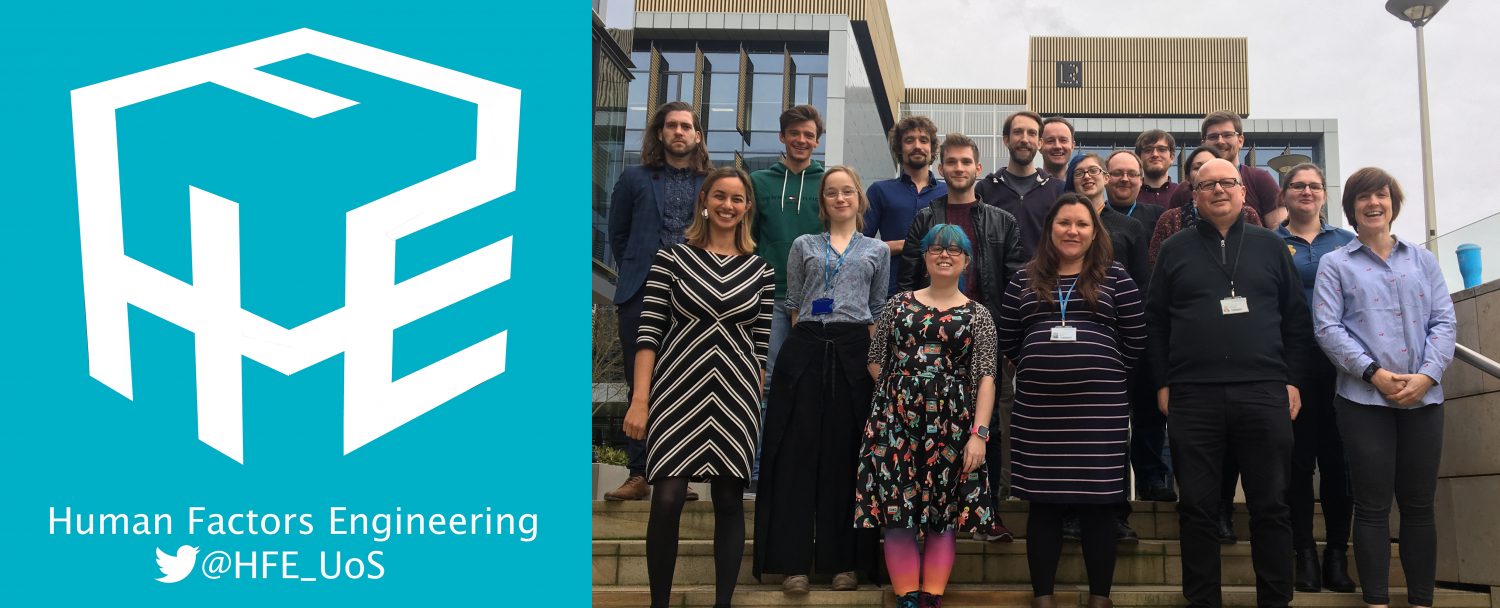
Open Flight Deck (OFD) 2017-2020 InnovateUK
Prof N. A Stanton and Dr K. L. Plant (with partners at BAE Systems, GE Aviation, Rolls Royce and Coventry University)
The project will; mature new technologies, (e.g. active sidesticks, sensors, open platforms), develop simplified HMI and applications (e.g. vision systems, crew aids) and demonstrate an open flight deck operating as part of an extended integrated system. The project will develop engineering design capability, and roadmap routes to market, thereby enabling UK industry to be more capable and competitive in addressing the global flight deck market. In this phase the project will make extensive use of simulated environments for the development, evaluation (pilot) and demonstration of the project technologies and support a final phase developing selected technologies for flight trials.

Command Team-work Experimental Testbed 2 (ComTET 2) 2017-2020 DSTL/BAE Systems
Prof N. A. Stanton and Dr A. P. Roberts
The main aim of ComTET 2 is to extend the work of ComTET 1 into new missions, scenarios, systems and procedures. All effects of new manipulations will be compared back to the baseline evidence collected in ComTET 1, so that the benefits (or otherwise) can be understood. Particular objectives of this programme of work are to demonstrate the effects of manipulations on command team and individual operator performance.

Human Interaction: Designing Autonomy in Vehicles (HI:DAVE) 2017-2020 EPSRC/JLR
Prof N. A. Stanton (with partners at Cambridge University)
This project will conduct research into, and optimise practical solutions for, the difficult problem of how to interface drivers with automated vehicles. The research will capitalise on the performance benefits for both the human and technological agents by using a combined Distributed Cognition (DCOG) and Inclusive Design approach. At the end of the project, JLR will have a clear set of models, methods, design guidelines, data and empirical studies of prototypes that will enable them to implement these as new products in road vehicles.

Green Adaptive Control for Future Interconnected Vehicles (G-ACTIVE) 2016-2019 EPSRC
Prof R. Lott, Prof N. A. Stanton and Dr Bani Anvari (with partners at Imperial College)
The project targets a significant reduction in fuel consumption, CO2 and NOx emissions in passenger and light duty road vehicles. This will be achieved by implementing new Energy Management control systems that are inclusive, predictive and adaptive. The main objectives of the project are to:
Maximise energy efficiency by:
- optimising energy management (EM) of powertrain and ancillary system at once;
- tailoring the EM to the specific powertrain architecture (traditional, HEV, PHEV, etc..)
- monitoring and predicting traffic conditions
Maximise user acceptance by adapting to the driver’s style in real time.

NIHR Global Health Research Group on Road Safety, at the University of Southampton
The goal of our NIHR Group on Global Road Safety is to reduce the number and severity of road accidents in Low-Middle Income Countries through our underpinning philosophy of local solutions for local problems.
University of Southampton team: Prof Neville Stanton (Director), Dr Katie Plant, Prof John Preston, Dr Rich McIlroy, Prof Paul Roderick, Professor Charles Deakin, and Joy Richardson (administrator).
We have partners in Bangladesh, Kenya, China and Vietnam; Prof. Md. Shamul Hoque, Bangladesh University of Engineering and Technology, Prof. Gilbert Kokwaro, Strathmore University, Kenya, Prof. Jianping Wu, Tsinghua University, China and Prof. Vu Hoai Nam, National University of Civil Engineering, Vietnam.
